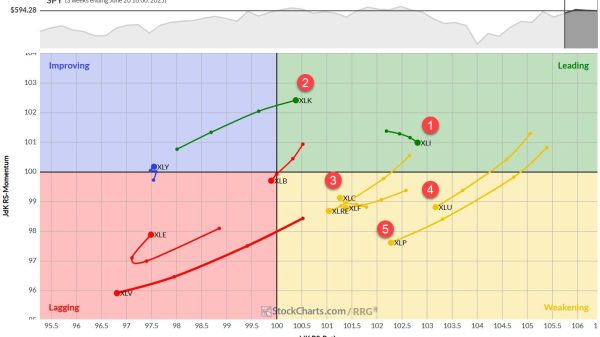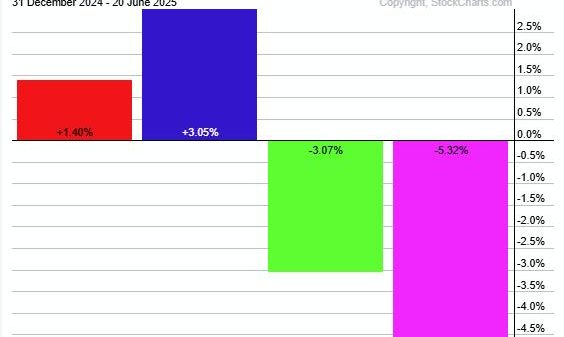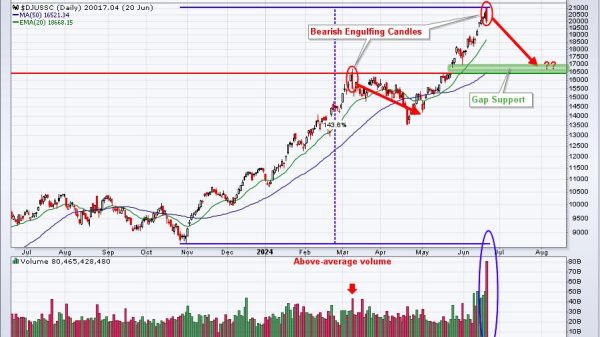Want to read more?
Click on the button below to access all premium content articles by purchasing one of our educational packages
GET PREMIUMAssessing the profound and varied impacts of the COVID-19 pandemic on the commercial real estate sector
The COVID-19 pandemic wrought significant disruptions across all industries, with commercial real estate emerging as a particularly affected sector. The dramatic surge in online shopping led to an unprecedented demand for warehouse and distribution properties, while the closure or transition to remote work by businesses triggered a sharp decline in demand for office space. Concurrently, the retail sector faced severe setbacks as lockdowns took hold. This left commercial property owners and investors grappling with vacant spaces and waning interest from prospective clients. This article delves into the evolving landscape of commercial real estate post-pandemic, shedding light on the challenges and opportunities it presents. Since the onset of the COVID-19 pandemic, the commercial office real estate sector has grappled with a fundamental challenge – a precipitous drop in demand for office space. With remote work becoming the norm for many businesses, companies have reevaluated their need for physical office locations. This shift has led to a global surplus of vacant office space, consequently exerting downward pressure on rental prices. Moreover, the retail sector bore a significant brunt of the pandemic’s impact. As lockdowns and social distancing measures became widespread, foot traffic in malls and retail spaces witnessed a steep decline. This compelled retailers to adapt their strategies, emphasizing e-commerce and curb-side pickup options. However, not all businesses navigated this transition successfully, resulting in closures and vacancies in retail spaces.
























